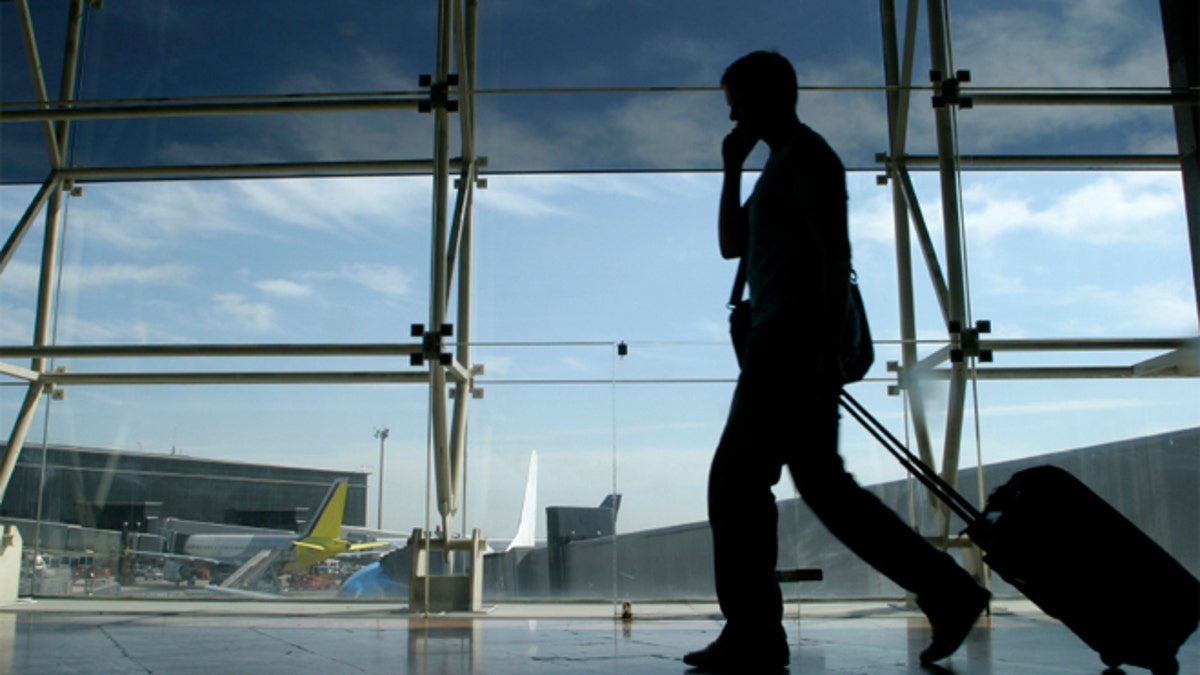
(iStock)
Being a frequent flier is supposed to bring rewards, not penalties.
But there’s a growing concern by some in the travel industry that airlines are planning to offer customers individualized fares based on how regularly they fly—and their best customers could end up paying the highest fares.
The change in pricing structure is a result of a quiet resolution made in October between the International Air Transport Association (IATA) and its 240 member airlines.
Airlines already base fares on factors such as the route, travel date and when the ticket was purchased. But according to a new pricing model, called the “new distribution capability,” airlines will soon present customized fares based on host of personal data. Customers looking for special rates would have to provide information including passenger names, frequent flier numbers, contact details and other information before being quoted a fare, either online or through an agent. Kevin Mitchell ,of Business Travel Coalition, told FoxNews.com he’s concerned that these customized fares could result in higher fares for some –especially frequent fliers.
“This personal information can be used to extract higher prices from less price-sensitive consumer – such as business travelers,” said Mitchell.
Not only that, he says, but the agreement raises a host of privacy concerns.
“This level of personal data intrusion is without precedent,” says Mitchell.
Travel lawyer Al Anolik agrees.
“This worries me because gathering this information immediately tells me that the business travelers are going to be subjected to possible higher fares because the airline says, ‘I know who you are.’”
Where brand loyalty and history of flying has traditionally been rewarded, the new deal would reverse that, according to Anolik.
“They will say, ‘You are going to have to pay more and more because we’ve seen you’ve done it before,” he said.
IATA officials say the change will add value for airline customers, providing them with more information about each airline. For example, one airline might allow free checked bags and meals, perks shoppers could consider before buying. They also claim that the added personal information only helps to identify each passenger and add value to their trip.
“NDC provides a framework for airlines to sell in a more effective manner,“ says Henry Harteveldt a travel industry analyst at Hudson Crossing. “[They are] enabling framework that will allow airlines and the travel agencies they work with to be better, more effective sellers, providing tangibly better value.”
Harteveldt said that the personal information provided will not be stored by an airline and used only to generate fares.
“Just as a salesperson would take into consideration factors about a person who wants to buy clothes, a travel agent can provide some pertinent information to an airline before a shopping session starts that will allow an airline to understand who’s shopping for flights.”
IATA also points out that customers can look for fares anonymously –but they won’t be able to take advantage of special offers and fares.
“If a customer does present themselves, they could have special offers,” Perry Flint, IATA assistant director of corporate communications, told FoxNews.com.
The new pricing plan is expected to take effect in the next few years, with each airline deciding which aspects to implement for their travelers.
But first, the resolution must be formally filed with and then approved by the federal Department of Transportation, which oversees consumers’ rights in the travel industry. That process will include an opportunity for the public to weigh in.
“DOT has implemented unprecedented rules to protect consumer rights when traveling, including requiring airlines to post their full fare so consumers can accurately compare prices,” Department of Transportation spokesman Bill Mosley told FoxNews.com in an e-mail.
But travel experts say the DOT tends to stay out of the way with anything involving fares.
“The DOT is pretty good at protecting consumers,” said Anolik. “But they won’t touch fares. It’s like the cross to the vampire. You say, 'fare, fare, fare,' and the DOT won’t touch it.”
